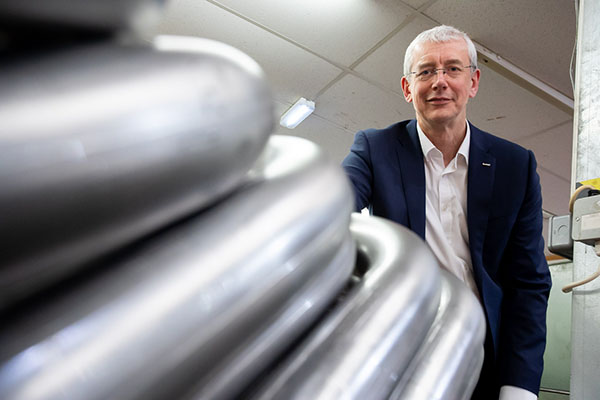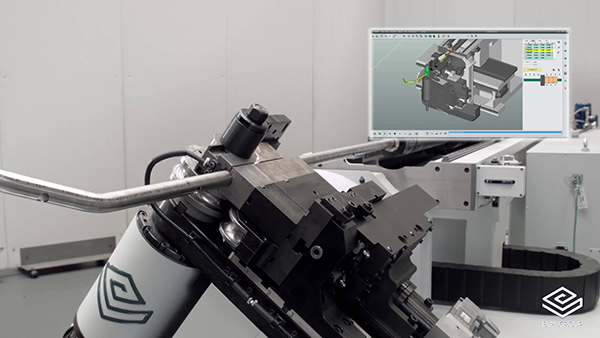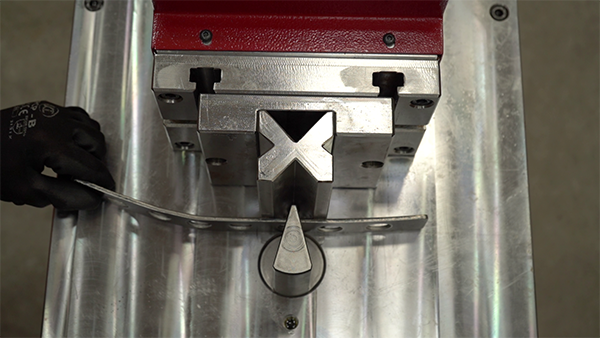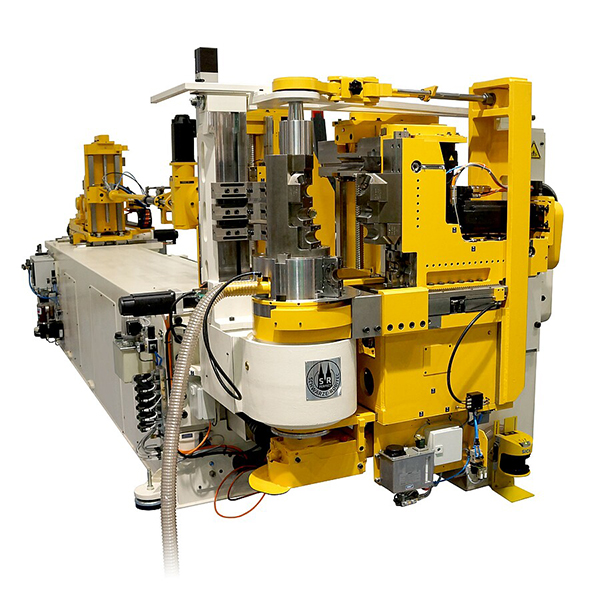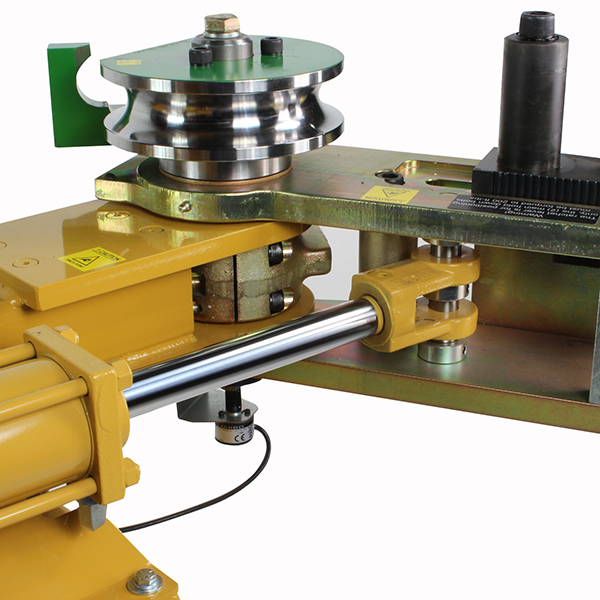
A major £400,000 investment in a new ERP system is set to help an engineering services and supplies specialist capitalise on growth across its business. James Lister & Sons, which is nearing its 150th birthday in 2024, has completed an 18-month project that has seen it embed the K8 Kerridge Commercial System in its fluid power, consumable supplies and tube manipulation divisions.
The new technology will allow it to bring together the wide variety of processes it undertakes across its headquarters in Smethwick and six branches in the West Midlands and South Wales, giving the company real-time information, transparency and improved order tracking, as well as enhanced merchant, trade counter and production planning operations.
Peter Davies, chief executive at Lister, says: “This has been a massive transformation project for our business, completed throughout the pandemic and in time for us to make the most of the bounce back we’re now seeing. The K8 Kerridge Commercial System will offer a host of operational and efficiency improvements due to improved planning capabilities and we now have a fully supported, disaster recovery safe system in place, giving our 5000-strong customer base complete peace of mind.”
The biggest growth area following the easing of lockdown has been Lister’s tube manipulation business, which is able to bend tube in sizes ranging from 4 up to 75 mm, in metals such as steel, copper and aluminium. The company has witnessed a 30% increase in orders over the past 12 months, delivering a 7.5% rise on pre-pandemic levels.
Investment in a Unison Breeze tube-bending machine has also paid dividends, providing the company with ‘left and right hand’ capacity to make components that cannot be produced via traditional bending.
For further information
www.lister.co.uk






